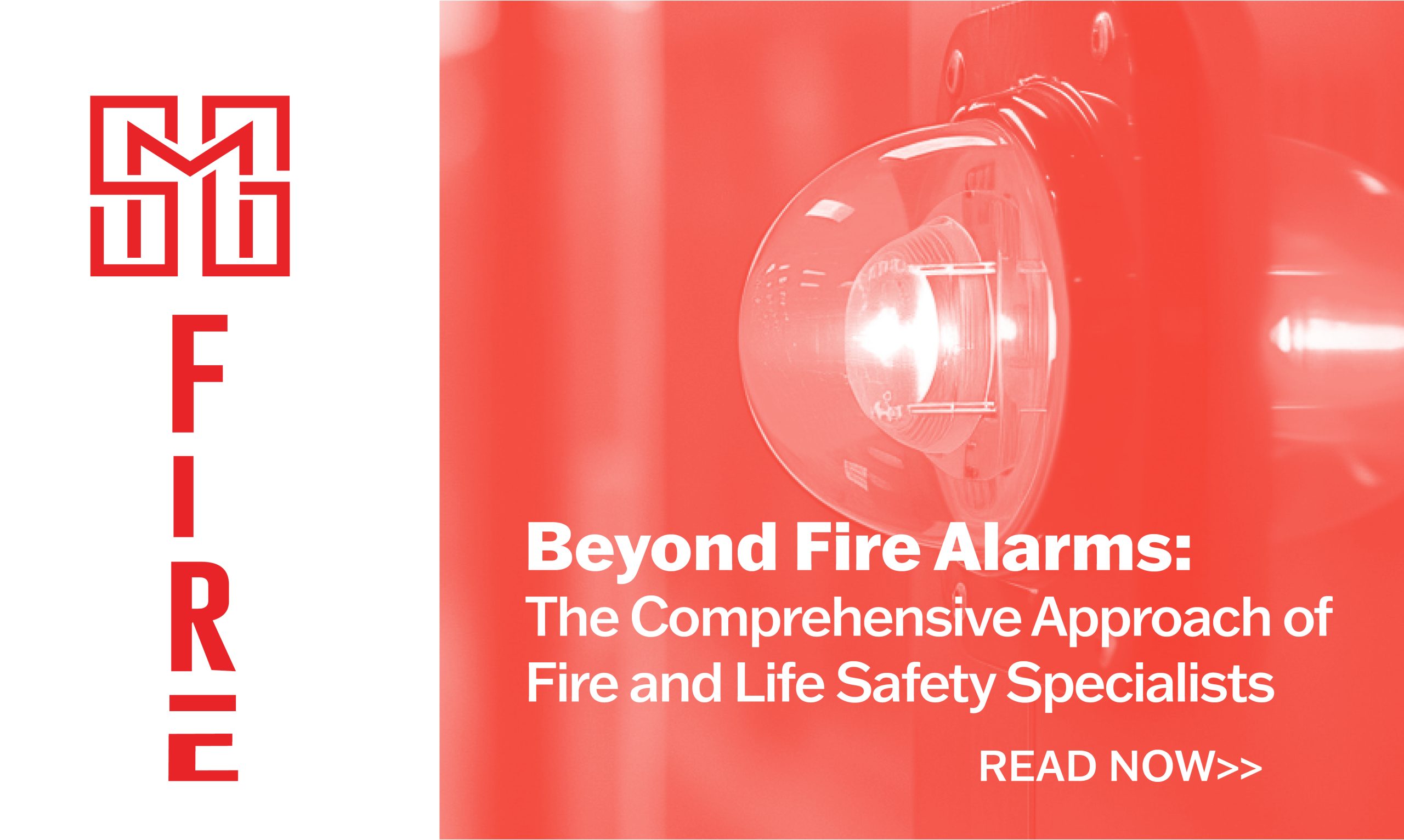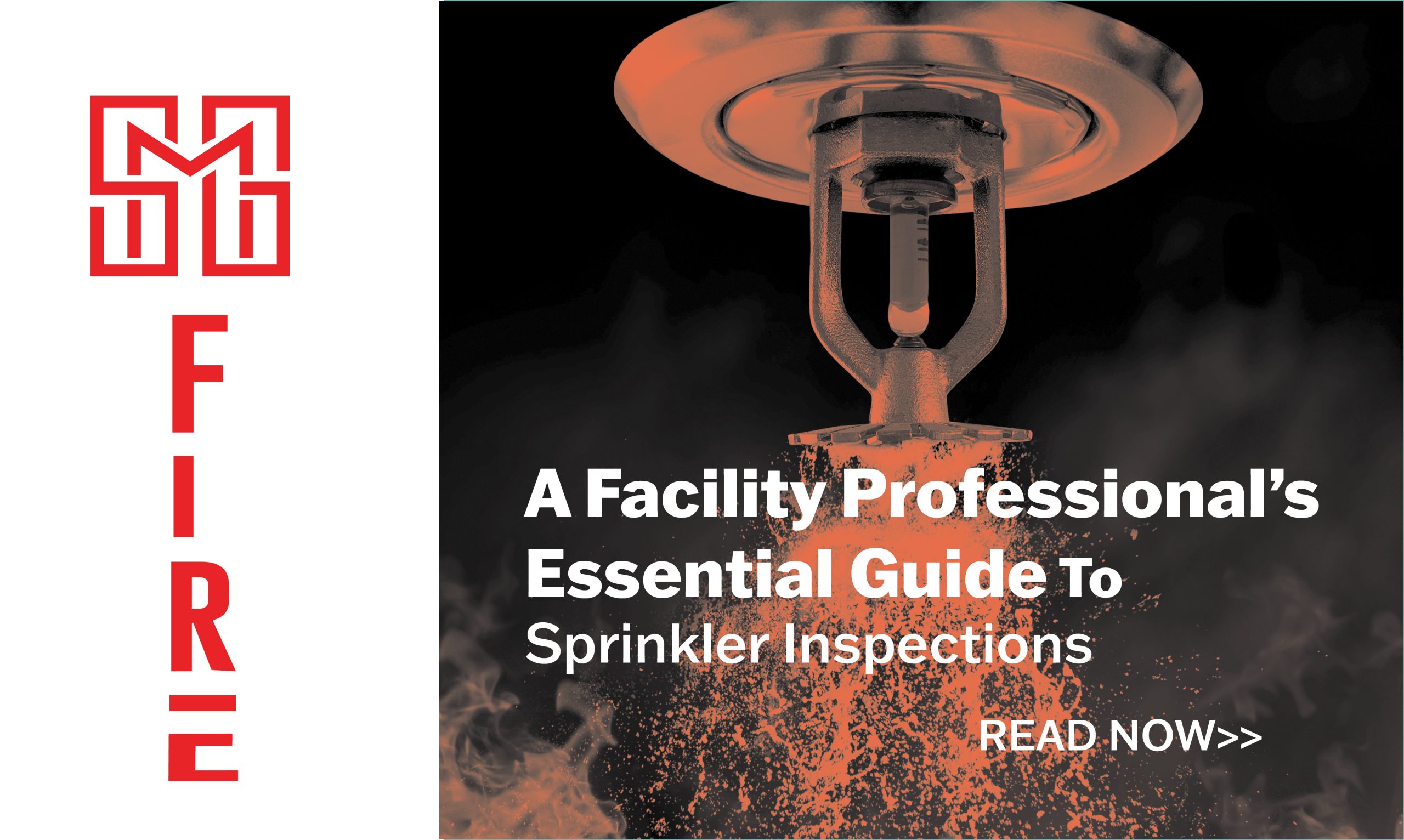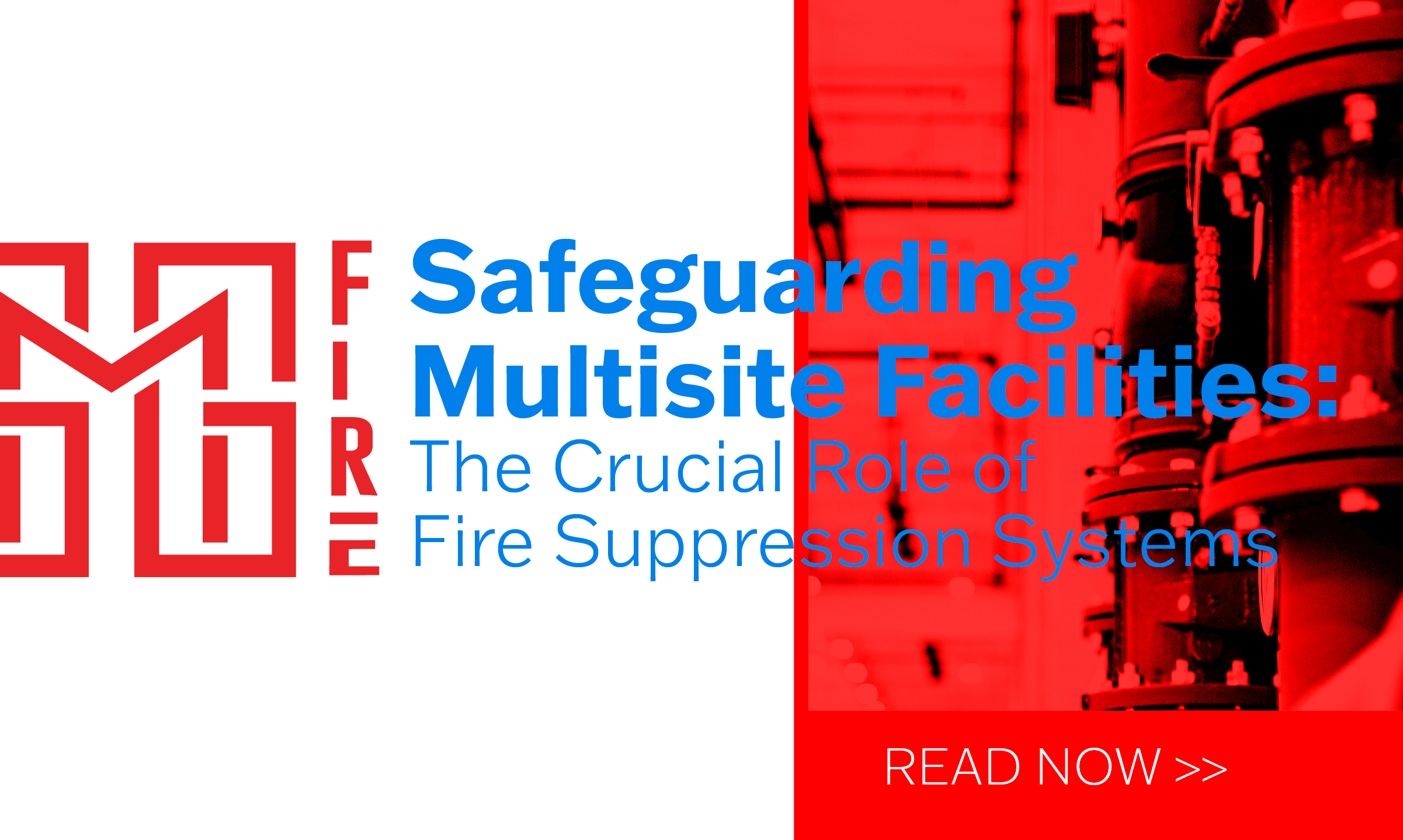In the realm of facility management, overseeing large, distributed portfolios comes with a myriad of responsibilities, one of the most crucial being electrical safety. As facility professionals, ensuring the safety of occupants and the protection of assets is paramount, and understanding the significant fire risk posed by electrical systems is essential.
Electrical Systems: A Potential Fire Hazard
Electrical systems, while indispensable for powering our modern facilities, can also be a source of considerable danger if not managed properly. From overloaded circuits to faulty wiring, electrical malfunctions are among the leading causes of fires in buildings worldwide. The consequences of such fires can be devastating, resulting in property damage, business interruption, and, most importantly, potential loss of life.
The Importance of Electrical Safety Practices
To mitigate these risks, facility professionals must be well-versed in electrical safety practices. This includes:
- Proper Installation: Ensuring that electrical systems are installed correctly and in accordance with applicable codes and standards is fundamental. This includes appropriate sizing of wiring, adequate grounding, and adherence to safety protocols during installation.
- Regular Maintenance: Scheduled maintenance is essential for keeping electrical systems in optimal condition. Inspecting equipment, identifying signs of wear or damage, and promptly addressing any issues are vital steps in preventing electrical failures that could lead to fires.
- Inspection of Electrical Systems: Regular inspections by qualified professionals help identify potential hazards before they escalate. Inspecting panels, outlets, switches, and other components can uncover loose connections, corrosion, or other issues that may compromise safety.
- Identification of Hazards: Being proactive in identifying potential electrical hazards is crucial. This includes recognizing warning signs such as flickering lights, tripped circuits, or unusual odors, which may indicate underlying problems that need attention.
- Compliance with Codes and Standards: Adhering to electrical codes and standards set forth by regulatory bodies is not just a legal requirement but also a fundamental aspect of ensuring safety. Staying updated with the latest regulations and implementing necessary changes is imperative.
Partnering for Safety: SMG Fire
In the pursuit of maintaining electrical safety, partnering with experienced professionals can greatly enhance efforts to mitigate risk. Companies like SMG Fire specialize in fire protection services and offer invaluable support to facility professionals. Their expertise in fire prevention, detection, and suppression can complement existing safety measures, providing an additional layer of protection against electrical fires.
By leveraging the services of a trusted partner like SMG Fire, facility professionals can access a range of solutions tailored to their specific needs. From conducting comprehensive risk assessments to evaluating advanced fire suppression systems, partnering with experts ensures that electrical safety remains a top priority.
In conclusion, ensuring electrical safety is a critical responsibility for facility professionals managing large, distributed portfolios. By understanding the significant fire risk posed by electrical systems and adhering to best practices in installation, maintenance, and inspection, facility managers can safeguard occupants and assets from potential harm. Partnering with experienced fire protection specialists like SMG Fire further strengthens these efforts, providing invaluable support in mitigating risk and promoting a safe environment for all. To find out more about SMG Fire and how they can best support your organization – visit our website at www.SMGFIre.com






